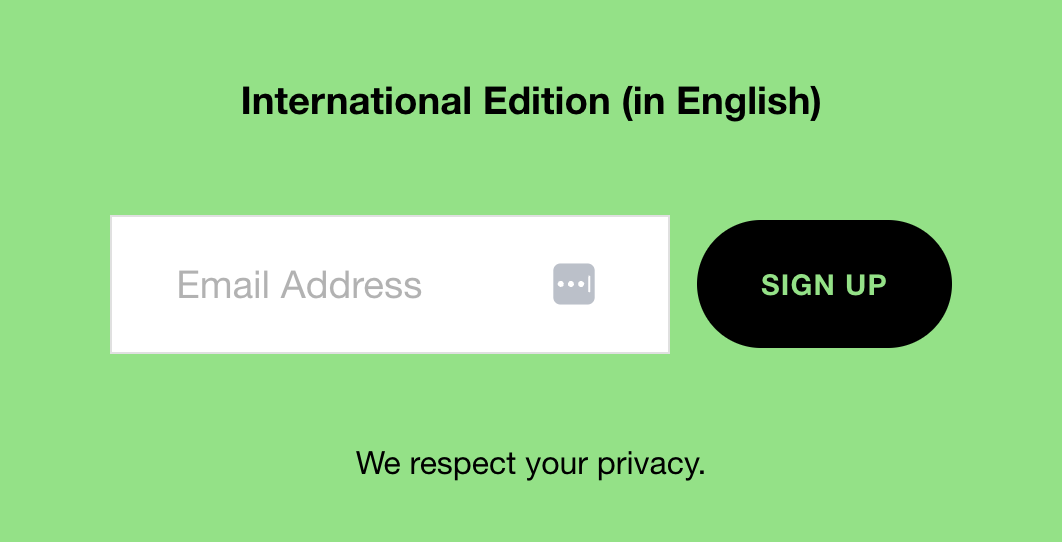Introduction
The 2024 HOTREC European Hotel Distribution Study, conducted in collaboration with the University of Applied Sciences of Western Switzerland Valais, offers critical insights into the evolving dynamics of the hotel distribution market, particularly focusing on the impact of Online Travel Agencies (OTAs). Drawing from data across 3,000 European hotels during the reference year 2023, this study provides valuable benchmarks for hotel managers and owners to strategize effectively in the post-pandemic recovery phase.
Distribution Channel Trends
Direct booking remains the dominant sales channel, accounting for 50.9% of overnight stays. This is a decline from pre-pandemic levels, highlighting a gradual shift towards online booking platforms. OTAs and other real-time online booking mechanisms now represent 45.1% of the market share, up significantly from previous years. Small hotels, particularly those with fewer than 20 rooms, show a higher dependency on OTAs, with many reporting OTA shares between 30-49%, and some over 50%.
OTA Dominance
The market is heavily dominated by three major OTAs—Booking Holdings, Expedia Group, and HRS. Booking Holdings leads with a substantial 71% market share, continuously expanding its influence in the sector. Despite some fluctuations, Expedia Group holds 14.4%, while HRS’s share has diminished to 4.6%.
Challenges in OTA Relationships
The study identifies significant challenges in the relationship between hotels and OTAs. Undercutting practices, where OTAs reduce prices below agreed rates, affect four out of ten hotels, with a notable percentage of these reductions being unauthorized. Additionally, multi-sourcing practices by OTAs, which involve distributing rates through third-party platforms, affect nearly half of the surveyed hotels, causing issues like pricing inconsistencies and loss of direct customer contact.
Technological Adoption
The adoption of new distribution technologies is on the rise among European hotels. The use of channel managers has increased from 39% in 2013 to 62% in 2023, indicating a shift towards more streamlined and efficient distribution operations. Furthermore, meta-search engine integration has become more prevalent, with platforms like Google Hotel Ads leading the charge, used by 80% of hotels engaging with meta-search engines.
Direct Booking Incentives
Despite the rise of OTAs, there is a significant push towards enhancing direct booking channels. Internet Booking Engines (IBEs) on hotel websites have gained traction, now facilitating 12.3% of bookings, up from 7.4% in 2013. This trend underscores the growing preference among consumers for direct interactions with hotels, motivated by the perceived benefits of better rates and personalized service.
Strategic Recommendations
Hotel managers and owners are advised to leverage these insights by enhancing their direct booking capabilities and optimizing their online presence through SEO and improved user experience. Additionally, establishing clear terms with OTAs, negotiating better contract terms, and adopting advanced distribution technologies can mitigate risks associated with third-party bookings and improve profitability.
Conclusion
The 2024 HOTREC study reveals a dynamic shift in hotel distribution, emphasizing the growing influence of OTAs and the critical role of technology in shaping future trends. By adapting to these changes, hoteliers can better position themselves in a competitive market, optimizing both guest experiences and revenue management.










